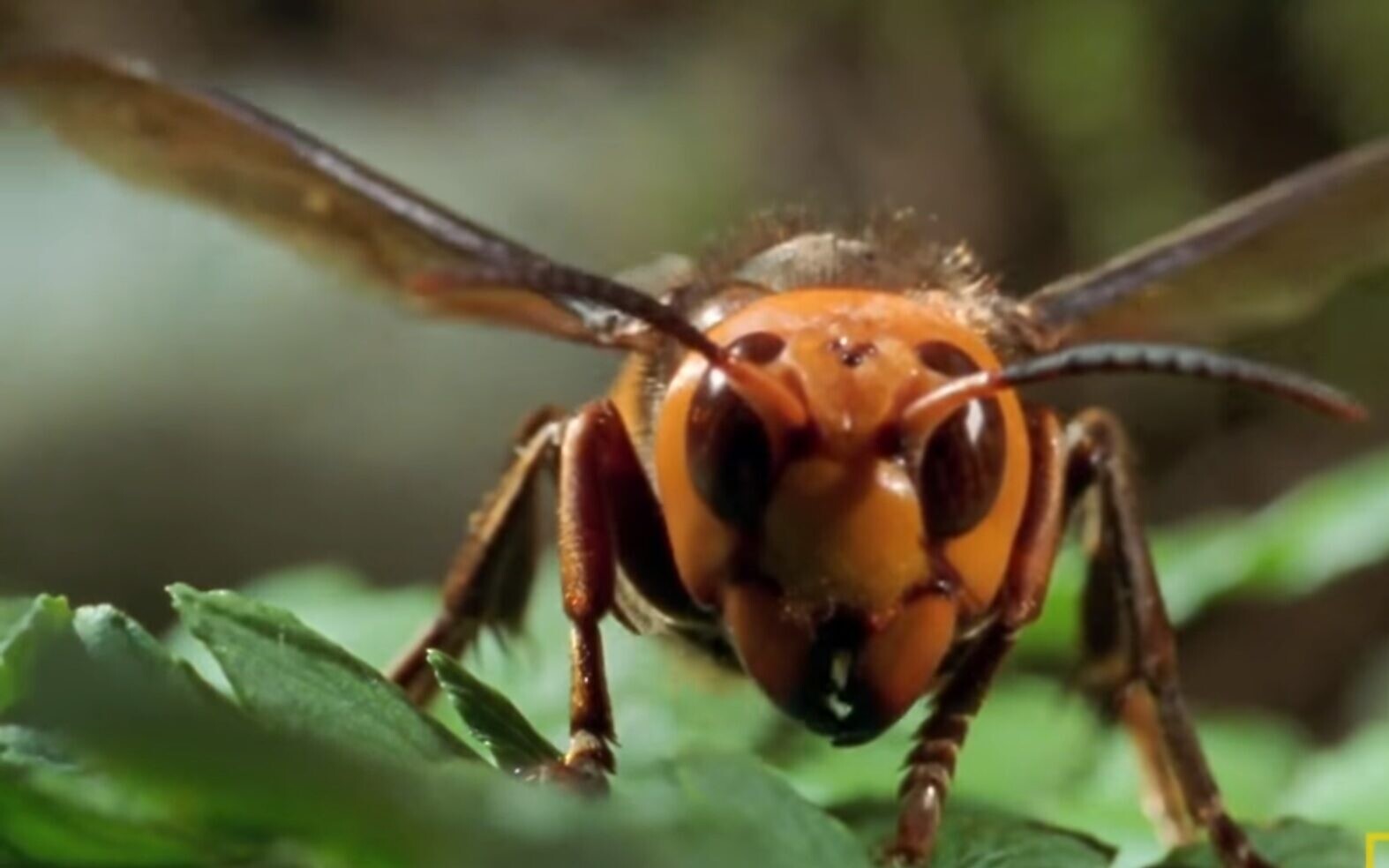Murder Hornet, a giant, bee-killing insect has been making inroads in the United States. The Asian giant insect is threatening crops that depend on pollination and may also affect people who may get in its way.
Also called Vespa mandarinia, Murder Hornet is native to Japan, South Korea, and Taiwan; however, it was detected in Washington state last year. It was also found in British Columbia, Canada, in August.
The insect is a menacing orange-and-black hornet, with a painful sting that can be fatal to humans if they are allergic, and unlike most bees, it can sting more than once.
In spite of its deadly name, humans have little to fear from them. “They are not interested in humans, pets and large animals,” according to the British Columbia Ministry of Agriculture.
The main concern is these hornets do affect honeybees. They can decapitate 40 honeybees a minute and with a few hours, these invasive hornets can purge a beehive.
These hornets are a threat to key crops in the Pacific Northwest, where beekeepers often rent their hives out to farmers growing crops like raspberries and blueberries.
The Washington State Department of Agriculture has urged people to report any findings of these hornets to keep a track of its spread.
The arrival of these hornets in the United States is just the latest woe for bees.
Bees have been supporting around $20 billion worth of US agriculture every year. However, they are facing a population decline around the world. US beekeepers have lost more than one-third of their colonies each year since 2006.
Bees are already under pressure from pesticides, disease, and habitat loss, and now due to invasive species like the murder hornet.
However, in Asia, bees are known to have some defense mechanism against the murder hornet. It is unclear whether bees in North America know how to use that defense mechanism since the hornets are a new threat. In addition, hives can only hold out for so long with all the stresses bees already face.























